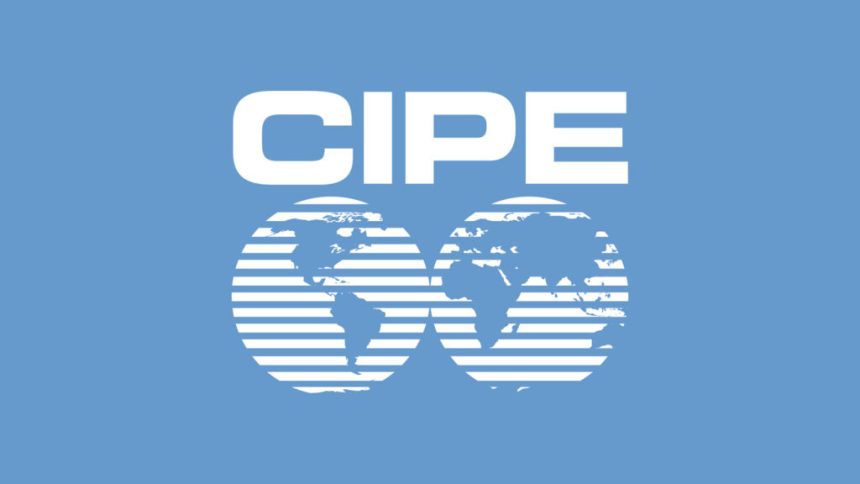During a special briefing hosted by the Center for International Private Enterprise (CIPE) titled “The Day After the End of the War in Lebanon”, Dr. Patrick Mardini, CEO of LIMS, outlined a vision for Lebanon’s reconstruction. He presented LIMS’ strategy, emphasizing the need to limit government involvement. The government’s primary role should be to sustain progress achieved since 2023, particularly in curbing hyperinflation and achieving fiscal balance, and avoid policies that could reverse these hard-won gains.
Rather than relying on government spending, LIMS proposes a model where private companies construct infrastructure and sell services directly to consumers, bypassing the inefficiencies of government-operated grids and networks. This model alleviates the strain on public finances while addressing urgent reconstruction needs. LIMS has developed several initiatives to attract private investment to infrastructure projects. Private Initiatives to Service Municipalities (PRISM) presents a model for municipalities allowing the private sector to provide essential services, including electricity and waste management. GreenGrid Leb focuses on unbundling Lebanon’s energy sector, to open electricity production, transmission, and distribution to private investment. By fostering competition and integrating renewable energy solutions, these programs aim to deliver higher-quality services at lower costs, empowering consumers—not the government—to choose their providers, driving down costs and improving quality.
On the aid front, LIMS highlighted the challenges of spending aid money effectively emphasising the need for reforms to Lebanon’s public procurement process. Single-bid tenders, often tied to politically connected entities, inflate costs while delivering substandard outcomes. LIMS showcased the impact of its Applying Public Procurement Law to End Corruption (APPLE C) initiative. APPLE C strengthens oversight by enabling Lebanon’s regulatory bodies, including the Court of Audit and the Public Procurement Authority, to reject irregular contracts lacking competition. Complementing this, LIMS unveiled its new ACTION (Attracting Competition to Transform Infrastructure and Optimize Network Assets) program. While APPLE C aims to eliminate corruption in public tenders, ACTION focuses on increasing bidder participation by collaborating with business associations and streamlining the application process. This approach seeks to ensure better competition, driving better outcomes for reconstruction projects.
On another hand, the conflict has caused widespread displacement, with most public schools converted into shelters for displaced families. To address the resulting education crisis, LIMS proposed a voucher program to help affected students transition to operating private schools. This initiative would target public school students from host communities, who lost access to schools now serving as shelters, and displaced students from both public and private schools. The vouchers would allow private schools to absorb public school teachers already on government payrolls and ensure displaced and host-community students continue their education.
As Lebanon confronts the monumental task of rebuilding, LIMS’ strategy offers a framework that minimizes the risks of government mismanagement while maximizing the potential for sustainable growth.

